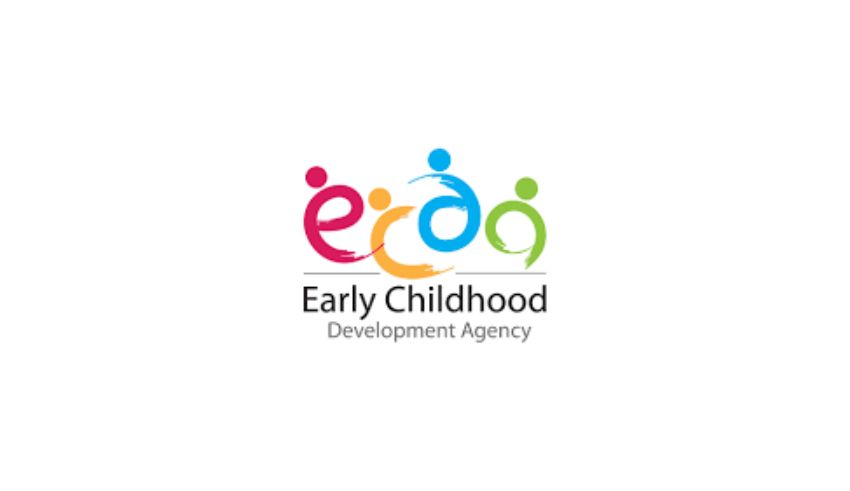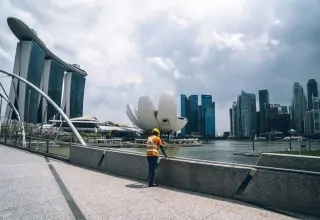
Many times praised as a stronghold of security and safety is Singapore. Recent statistics from the Early Childhood Development Agency (ECDA) however show a concerning increase in occurrences of child maltreatment. Rising from 137 in 2022, the ECDA looked at 147 cases of child abuse in 2023. This concerning trend emphasises how urgently strong policies are needed to guard the most vulnerable people in the country.
Public Reaction and High-profile Events
Several well-publicized incidents, most famously at Kinderland preschools, have highlighted the rise in child abuse reports. Videos of allegedly mistreating youngsters by instructors appeared in August 2023, which caused public indignation. These events have made clear how much more awareness in childcare facilities and tougher control are absolutely necessary. The public’s response has been one of shock and fury demanding quick and forceful action to stop more mistreatment.
Extended Effects of Childhood Abuse
Beyond simple physical injury, child abuse has significant and long-lasting consequences. It can seriously affect a child’s mental and emotional wellbeing, therefore impairing their growth, performance in the classroom, and capacity to create positive relationships. Such abuse can cause self-destructive behaviour including mental health problems and substance abuse as well as prolong a cycle of violence. Dealing with the psychological wounds and offering long-term recovery depend on early intervention and thorough care.
Emergency Action for Child Safety
Singapore has to give kid protection top priority using a multifarious strategy in order to address this urgent problem. Critical are more resources and financing. Improved financial assistance for the ECDA will increase its investigation ability, offer efficient victim support systems, and start large public awareness campaigns on child abuse. These steps will also help the ECDA to guarantee quick and efficient treatment of abuse cases and apply more demanding monitoring methods.
Furthermore required are stricter rules for those running daycare centres. This covers required background checks for every employee to guarantee their fit for handling young children. Children protection has to be taught holistically, giving childcare staff the tools to identify, stop, and handle abuse indicators. Strong reporting systems for suspected abuse will guarantee prompt and suitable response, therefore avoiding possible harm to children.
Early abuse detection and intervention depend on open communication among parents, providers of childcare, and law enforcement. Parental involvement in childcare environments and regular feedback systems help to quickly find and resolve issues. Building a protective network around children depends critically on an atmosphere where parents feel free to express their worries and where providers are taught to listen and respond.
Creating a Children’s Safer Future
Children’s protection falls within society’s obligation outside of government organisations. Every kid in Singapore needs a safe and loving environment created by government, childcare providers, families, and the larger society working together. Ensuring a better and safer future for Singapore’s next generation depends on vigilance, honest communication, and a great will to child safety. Programmes for community education might be very helpful in increasing knowledge of the indicators of abuse and the need of reporting unusual behaviour.
By tackling the increase in cases of child abuse with thorough and cooperative plans, Singapore can strengthen its image as a safe refuge for all of its people, including its young people especially. Every segment of society bears shared responsibility for the path towards a safer environment for children; quick and continuous action is needed from all spheres. By means of ongoing vigilance and a shared dedication to child protection, Singapore can guarantee that its younger population grows up in an atmosphere whereby they are protected, cherished, and free to flourish.




















